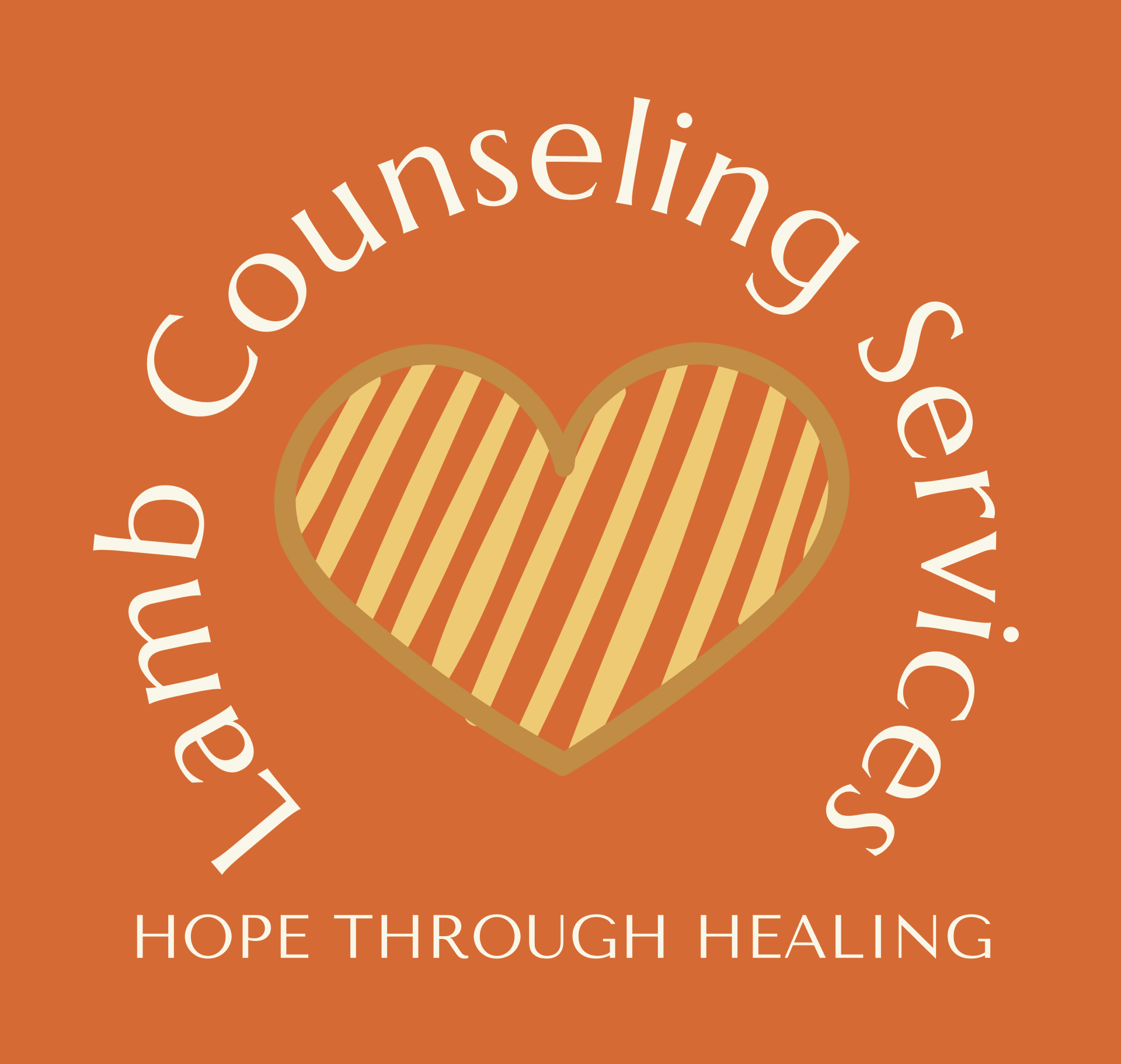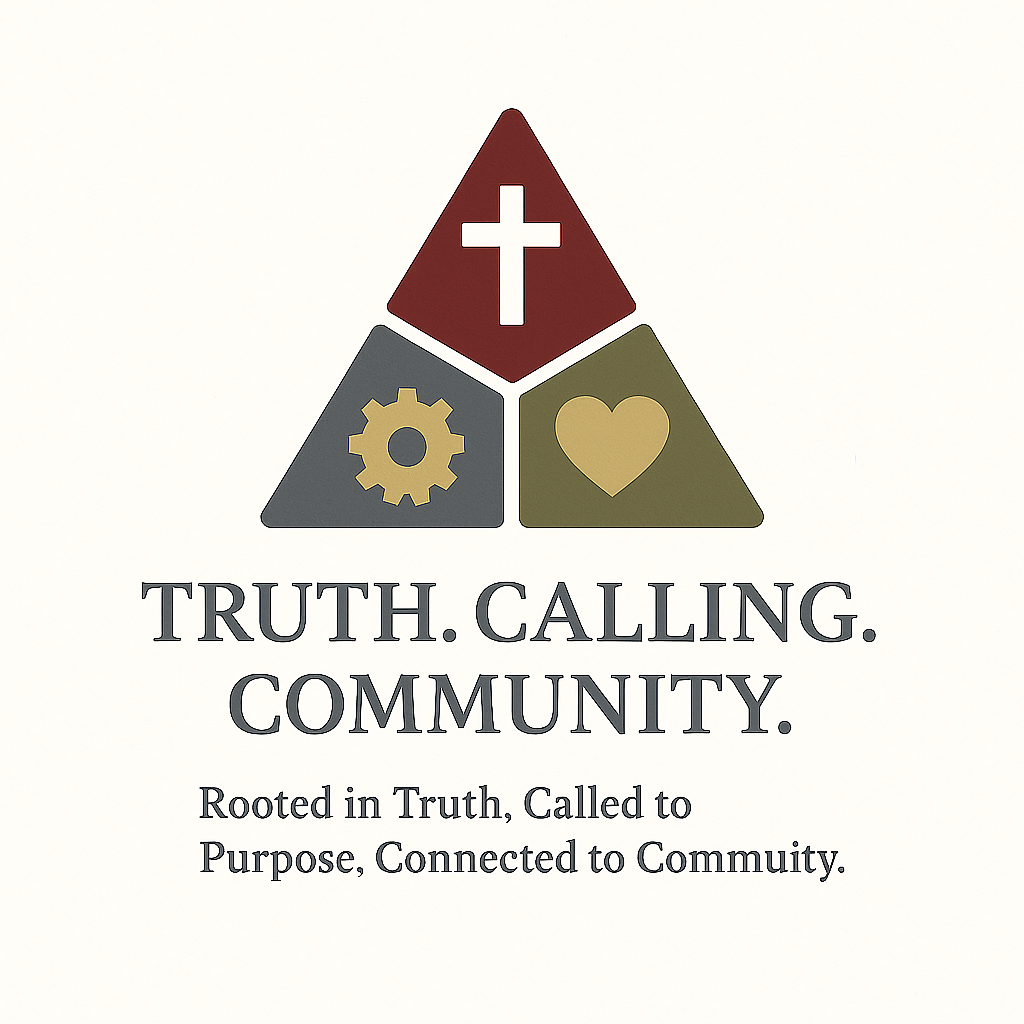Hope Through Healing
Professional Counseling in Shelbyville, Bedford County, and surrounding areas
About Us
Lamb Counseling Services believes that everyone deserves quality mental health counseling even in rural areas. We exist to help those struggling with their mental health to find hope through healing. We are a Christian counseling agency, but we will not impose our values and morals on our clients. If Christianity is a component that you wish to be a part of your counseling journey, we welcome including that in your sessions.
Meet the Lambs
Jan Lamb, LPC-MHSP
Tom Lamb, Biblical Counselor & Life Coach
Jan brings a wealth of experience in counseling individuals dealing with depression, bipolar disorder, anxiety, and life transitions. Additionally, she holds certification as a Grief Recovery Specialist. Her expertise extends to trauma therapies, including EMDR and the Murray Method. She primarily serves women and adolescent girls in her practice.
Tom is a dedicated Christian Life Coach and Biblical Counselor committed to assisting men, married couples, and business leaders in discovering clarity, purpose, and transformation through faith-centered guidance. With a profound enthusiasm for applying Biblical principles to life’s challenges, I offer support that empowers individuals to lead with integrity and intention. Tom specializes in working with men aged 18 and older.
Together, Tom and Jan offer premarital and marital counseling for couples seeking a biblical perspective.


